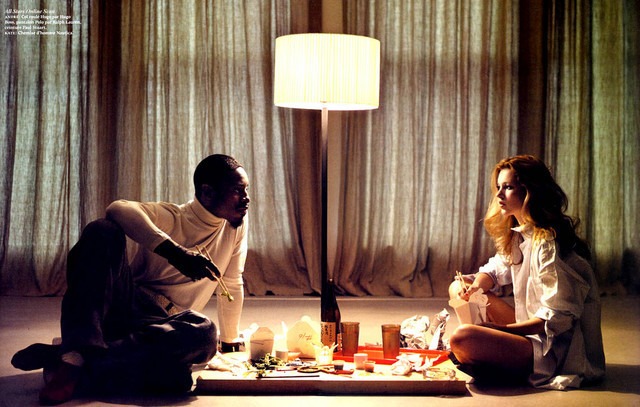Nice Guys vs Nice Girls

FORWARD: Our friend Jordan recently hosted a competition to see who wins the award of being the worst this time around: niceguys or nicegirls. Check it out below and be sure to subscribe to her channel.
When it comes to relationships, we often hear the terms “nice guy” and “nice girl” being thrown around. But what do these labels really mean, and do they hold any weight in today’s society? The question of whether girls prefer “nice guys” or if guys prefer to chase “nice girls” has been the subject of much debate. However, in an era where social media and accessibility play a major role in our lives, it’s important to take a step back and examine the deeper implications of these labels, and how they might be affecting our perceptions of relationships.

Robert Irwin (b. 1928) No title, 1971. Environment, fluorescent light, and scrim.
The term “nice guy” has been around for a long time, and refers to a man who is kind, polite, and does everything he can to win a girl over. He goes out of his way to be helpful and is often seen as a “pushover” who will do anything to please the woman he’s interested in. On the other hand, “nice girls” are often viewed as kind, caring, and nurturing individuals who are always putting others before themselves. They are seen as more passive, and are often described as being “easy to get along with.”
However, as our society has evolved, these definitions have become increasingly blurred. With the rise of social media and the accessibility of communication technologies, it’s become easier to present a façade of niceness that may not be representative of our true selves. This can lead to misunderstandings and disappointment when the reality doesn’t live up to expectations.
It’s also worth considering that these labels may be perpetuated by a larger societal issue – the emphasis placed on attention. In an attention-based society, many of us are looking for validation from others, and we often use relationships as a means of obtaining that validation. This can lead to individuals manipulating their actions and personalities in order to appear more “nice” in order to win someone’s affection.
So, what does all of this mean for relationships? Perhaps it’s time for us to rethink the idea of being “nice” in the context of relationships. Instead of trying to fit into a preconceived notion of what it means to be a “nice guy” or “nice girl,” it’s important to focus on being authentic. Relationships are built on trust, mutual respect, and a genuine connection, and these qualities are much more important than simply trying to please someone in order to win their affection.
In conclusion, the labels of “nice guy” and “nice girl” may still hold some weight in our society, but it’s important to recognize that they may be perpetuated by larger societal issues, such as the emphasis on attention. Instead of trying to fit into these labels, it’s important to focus on authenticity in relationships and to build connections based on trust, respect, and genuine connection.
You start dying when you stop dreaming.
